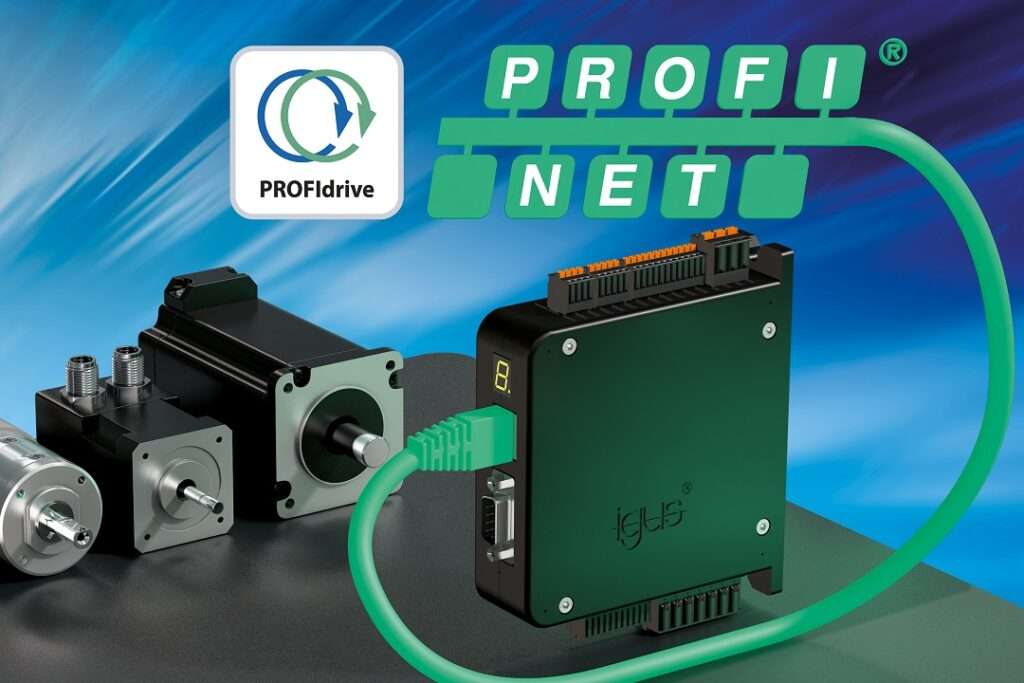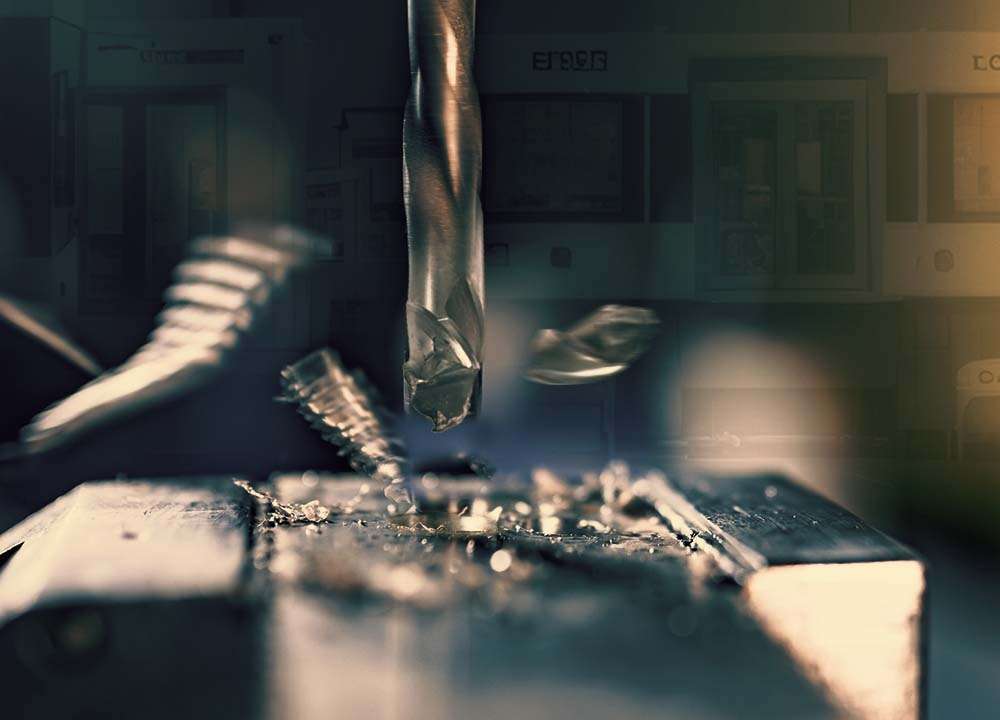In the ever-evolving landscape of industrial automation, the journey of growth and adaptation is one that demands a multifaceted skill set encompassing technical prowess, managerial acumen, and inspirational leadership. Aishwarya Dubey was determined to do something in the field of manufacturing right from her college days. It was a difficult choice when traveling to remote areas seemed difficult and working in a sector that was considered a ‘niche’ for men. But, she loved field work, doing projects with multiple MNCs, and traveling to places beyond her comfort zone.
Aishwarya Dubey’s path to success began with a dream that many found unconventional for a woman: to carve out her niche in the manufacturing industry, a field where women were a rare sight, especially in hands-on roles. Despite these challenges, her passion for manufacturing never waned. She thrived on fieldwork, collaborating on projects with leading multinational corporations and boldly stepping out into regions far from the urban comfort she knew.
Her academic foundation was laid at Shreemati Nathibai Damodar Thackersey Women’s University, India’s first University for women, where she pursued a Bachelor’s degree in Electronics and Telecommunication. Determined to deepen her knowledge, she earned an Executive MBA in General Management from the renowned Symbiosis in Pune. In 2022, Aishwarya further sharpened her skill set with an Executive Program in Digital Transformation from IIM Indore. Her certification also evidences her commitment to excellence as a Six Sigma professional— acquiring expertise in improving business processes.
Now, as the Senior Inside Sales Manager at EMERSON, Aishwarya’s role extends beyond sales; she is a leader and a strategist, navigating the complex waters of global competition with intelligence and finesse. In addition to her corporate achievements, Aishwarya is actively shaping the future of her field as a Mentor of Change and an Ambassador of Diversity and Inclusion with the Society of Women Engineers.
Aishwarya’s venture into industrial automation wasn’t a planned route but rather a realisation of her passion for hardware and manufacturing while studying engineering. Her internship at a company allowed her to explore the complexities of industrial automation. Unlike many in her field, Aishwarya didn’t want to be confined to a desk, coding, and programming. She craved hands-on experience with machinery, where she could see the direct impact of her work. This drive led her through various roles, from core engineering to managerial positions, working with industry giants across different continents.
Throughout her journey, Aishwarya has navigated through various roles, from core engineering to managerial positions. She has worked with some of the biggest names in the industry, contributing significantly to projects across different continents. Her extensive travels have taken her to countries such as Australia, Canada, and New Zealand, where she provided invaluable expertise and support to clients in the field.

Aishwarya’s dedication to fostering diversity and inclusion extends beyond her role within the Society of Women Engineers (SWE). SWE, a non-profit organization committed to empowering women in engineering and technology, provides a platform for Aishwarya to advocate for diversity initiatives. Serving as a program manager for the Pune affiliates, she leads initiatives focused on professional development, bridging the gender gap in engineering, and empowering women within the field. It involves events where industry leaders from various companies share insights on cutting-edge technical and leadership topics, attracting nearly 100 attendees each time. Moreover, she has emerged as a prominent speaker at local SWE conferences.
Despite her achievements, Aishwarya openly acknowledges the obstacles she encountered, especially during the initial phases of her career. The notable absence of female representation in leadership positions presented a substantial challenge, leaving her without a relatable role model to aspire to. Additionally, she faced pushback when seeking opportunities to work in domestic plants, as there was hesitancy to send female engineers to remote sites.
Looking back on her entry into the field of industrial automation, Aishwarya recounts her early experiences, where she felt welcomed and supported by her colleagues. However, she also noticed the lack of women engineers, especially in leadership roles. Despite India having a relatively higher number of women engineers compared to other places, she faced suspicions from some about the importance of women in engineering positions.
Aishwarya shares a valuable insight that one might not always get what they want in the beginning. Despite her eagerness to work in plants and engage directly with industrial automation, she encountered significant delays in achieving this ambition. “When I came to know about the field, I wanted to go into the plants and see the plant work there and all. But it took almost two years for me to see the plant,” Aishwarya reveals.
In her advice to young women entrepreneurs, Aishwarya stresses the significance of seizing opportunities. She urges them not to be discouraged by initial obstacles but to persist and overcome adversity. Drawing from her journey, she emphasizes the importance of ongoing learning and embracing new prospects, encouraging young women to pursue their passions with determination and resilience. Furthermore, she sheds light on the evolving dynamics within the manufacturing industry, highlighting the growing acceptance and inclusion of women. Aishwarya assures aspiring entrepreneurs that although the path may be challenging, it is certainly achievable.








